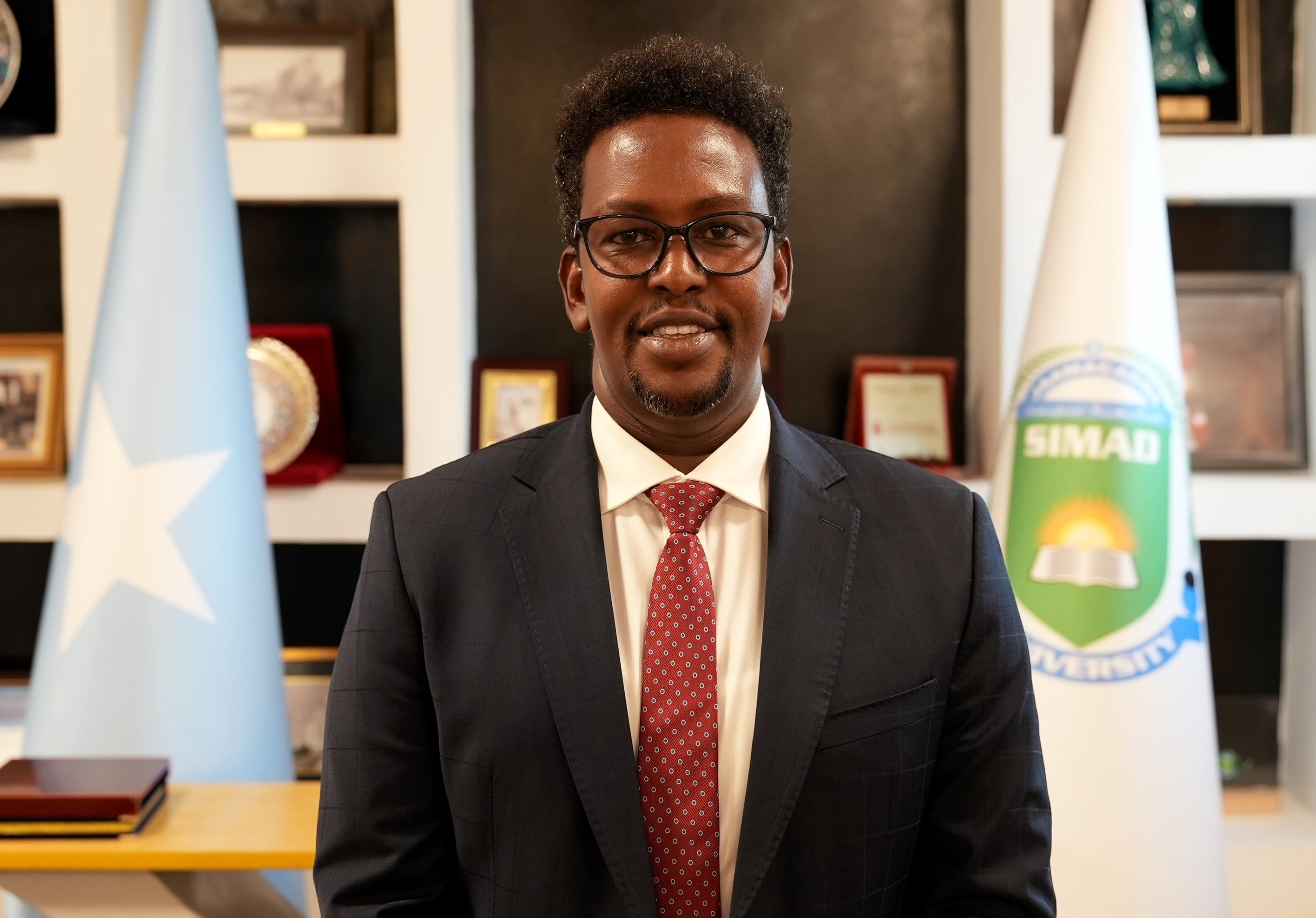Physical Address
Indirizzo: Via Mario Greco 60, Buttigliera Alta, 10090, Torino, Italy
Physical Address
Indirizzo: Via Mario Greco 60, Buttigliera Alta, 10090, Torino, Italy

Young Somalis who studied in Türkiye are now in top positions, contributing significantly to their country’s development.
Adviser Muhammed Hajj graduated from Gazi University in Ankara in 2019, majoring in Psychological Counseling and Guidance. He said he returned to Somalia immediately after graduation. “I came to serve my country. I started working right away and have been serving my homeland and government ever since,” he said.
Hajj highlighted that the knowledge and experience he gained in Türkiye is now being applied in Somalia, contributing to the country’s development. He also noted that Turkish has become widely spoken in Somali institutions, with many officials, from ministers to lower-level bureaucrats, fluent in Turkish.
He added that the most skilled and advanced members of Somalia’s armed forces are those who received their education in Türkiye. “Students studying elsewhere often choose to stay there and continue working abroad. Somalia faces challenging conditions, but most Türkiye graduates try to return home. We prioritized getting an education in Türkiye and then serving our country,” Hajj explained.
He also highlighted Somalia’s recent progress, noting that Mogadishu has become a safer city. He pointed out improvements across the health and education sectors, stating that while the country continues its fight against terrorism, positive developments are ongoing.
Mahdi Musa Hasan, a lecturer at Mogadishu University, graduated from Erciyes University in Kayseri in 2016 with a degree in Political Science and Public Administration and completed his master’s in International Relations at Selçuk University in Konya in 2022. Hasan emphasized that Somali graduates return home after studying in Türkiye and take on roles in academia and other sectors. “Graduates from Türkiye have great potential and often choose to work in state institutions, private organizations, and universities,” he said.
Daud Aser, director of international relations and projects at Mogadishu University, graduated from Dokuz Eylül University in Izmir. He noted that Somalia has over 100 universities, most of them private, and highlighted Mogadishu University’s significance.
“It was the first university established after the civil war broke out in 1991, founded in 1997. It reignited hope for Somali students to pursue education even during the conflict. It also played a key role in rebuilding the Somali state, training government officials for the first post-war administration in 2000,” he said.
Aser noted that over 6,000 students, including undergraduate and graduate students, are enrolled at Mogadishu University, and most administrative staff and faculty members, including himself, are Türkiye graduates. He emphasized Türkiye’s broad support for Somalia’s academic institutions, citing the establishment of a university radio station and engineering labs funded by Türkiye.
He also highlighted a collaborative program with the Turkish Embassy, “Hackathon in Somalia,” designed to help young people develop innovative solutions for challenges in various sectors. Aser stressed that Türkiye-educated Somali youth possess knowledge, skills and experience that allow them to contribute to education, innovation and national development. “They are the driving force that will take the country to the next stage,” he said.

Abdülkerim Muhyeddin Ahmed, rector of Simad University, studied in Türkiye from 2019 to 2023, completing a doctorate in business administration. He explained that many faculty members and administrators at Simad University also studied in Türkiye.
Muhammed Mahmud Muhammed, rector of Somali National University, studied engineering at Fırat University in Türkiye from 2012 to 2015. He returned to Somalia in 2015 and began working as a dean at Simad University before being appointed rector. He emphasized: “After returning from Türkiye, we did everything we could for Somalia’s development. We assign Türkiye-educated colleagues to various departments.”
He also noted the founding of the Somali Türkiye Graduates Association in 2016, which guides returning graduates toward employment opportunities. “Somalia is our country, and we must serve it. We bring the knowledge we gained in Türkiye back home to contribute to Somalia’s development,” he said. Mahmud highlighted that one of the most important lessons they learned in Türkiye was patriotism.
“Through Türkiye, we developed a deep love for Somalia, seeing firsthand how much Turks value their own country,” he added.